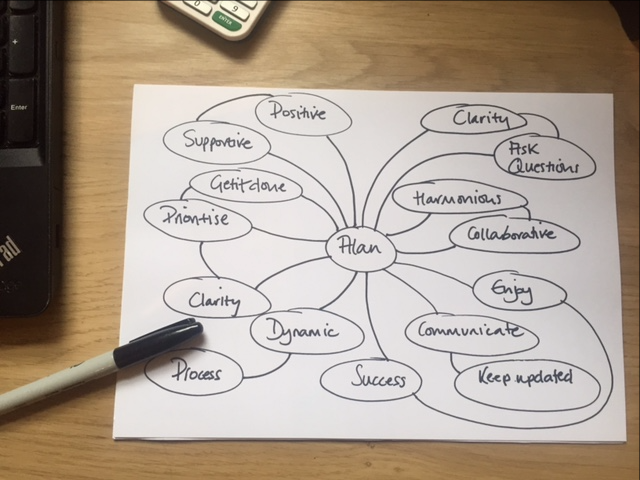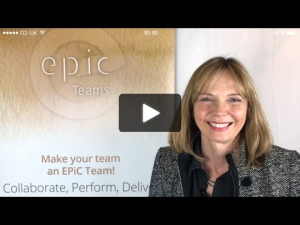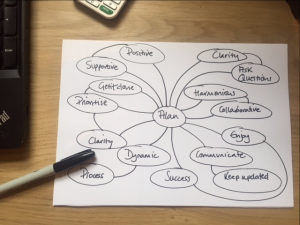

“Most of our time is spent in the past or the future, rather than the present moment. What we end up doing is passing through that moment on the way to somewhere else and, in doing so, we miss the moment…”
One of the great enemies of action is procrastination. Procrastination is that place we go to where we are merely addressing the past or the future and not what we are doing now, in the present.
Like most things, it becomes habitual and takes many forms. It’s the devil on your shoulder that says “have one more coffee”, before your get to work, “go on Facebook”, when you have planned to go for a run, “daydream” instead of paying attention to class, “Listen to another expert” doing what you know you can do without the need for their expertise…and so on, and so on.
Being present is when you are perfectly at peace with the current situation that you are in. You are fully aware on a sensory level where you are and what you are doing. It’s a form of action that is immediate, committed and fully open and responsive to what is happening at that time.
The notions of the Past, Present and the Future are critical frames for how we communicate. For instance, the Past is the rich well of stories from our experience that we can tap into. The Future is the anticipation, excitement and vision of what the actions of today can engender for you and your audience tomorrow.
The Present is very often the element that is given least thought. And yet, this is where, through action, that being present can enable the rich learnings of the Past and the exciting visions of the Future are communicated.
So, how do we stay present? The first thing to recognise is that, try as we might, we really can only do one thing at a time, so we ought to do that thing wholeheartedly. Most of our time is spent in the past or the future, rather than the present moment. What we end up doing is passing through that moment on the way to somewhere else and, in doing so, we miss the moment. That’s how life ends up passing us by – we do it to ourselves.
So here are 4 reminders of how we can be present and achieve a higher quality of communication for ourselves and for others:
1. Take a breath
Breath, along with change, is the only constant, and being present starts with the breath. Simply draw a deep breath and let it out through your nose. When we breathe through our mouth it triggers a subtle anxiety response, which increases heart rate and redirects blood flow. That’s why you rarely see elite runners and cyclists panting, and why one of my own martial arts instructors used to make us train for hours with a mouthful of water. A slow release of breath through the nose has the opposite effect of mouth-breathing, and draws a relaxation response.
2. What are you doing right now?
Consider, the Hierarchy of Control™ for every action you are doing right now:
· Consider your action
· Consider your thoughts about this action
· Consider your feeling towards this action
· Consider your emotions about this action
· Consider your physicality about this action
Not being present is easy. There are bills to pay, and kids to pick up at school. There are doctor’s appointments and reports to write, books to read, parents to resent, loved ones to miss and the list goes on and on. With all that going on – past and future – it’s no wonder that presence is so elusive. It is not, however, as elusive as you might believe.
3. Internal and External Focus
Observe it, name it and stand away from it — all at once. The moment is now…now…now…now… When we cling to a “now”, rather than simply bearing witness to it and letting it pass by, we become trapped in time as it passes. We are operating on two levels when we are present:
– Internal Focus – why are we doing this action?
– External focus – what action are we doing?
The key is to look to synchronise these focuses so that they become as one. This will make it easier for us to stay present for a longer period of time: committed, concentrating and sustaining our attention on the matter n hand whether it be a simple action of drinking a cup of tea or a more complex action of seeking to understand a message from a colleague.
4. Come back to the breath
When the world or your thoughts begin to again intrude, simply come back to the breath. Inhale, and release your exhale to unbind yourself from the shackles of the past and the anxieties of the future. The constancy of breath can create the constancy of presence for us, if we choose to show up.
Prepare these actions with a feeling of ease. The more your practice these layers of being present the more readily they will come to you.
To find out more about how to be an EPiC leader, click here to arrange a conversation with one of our Consultants.






